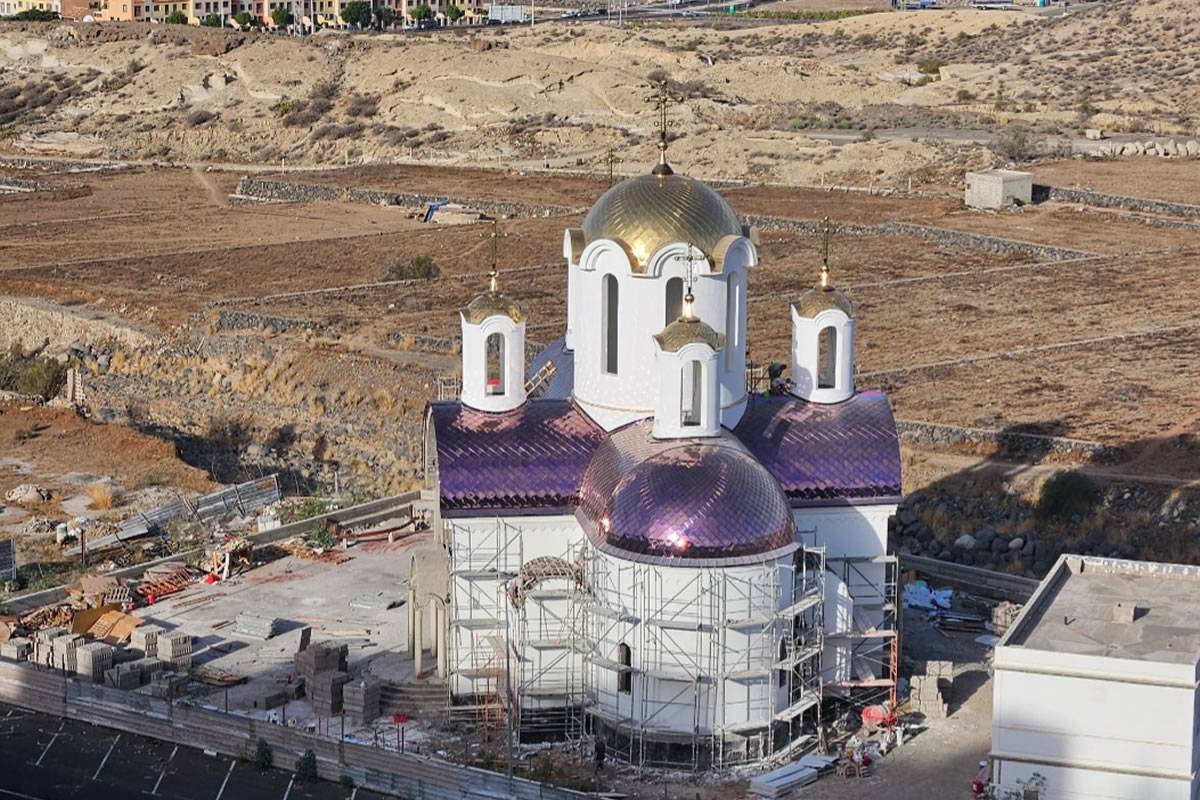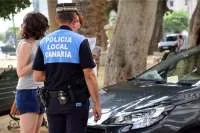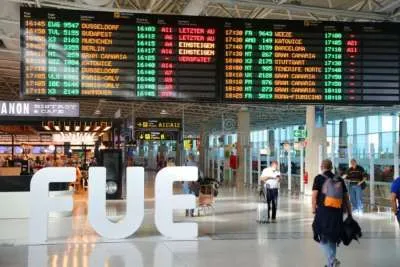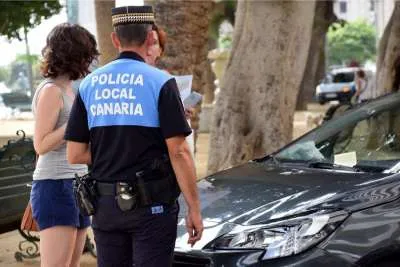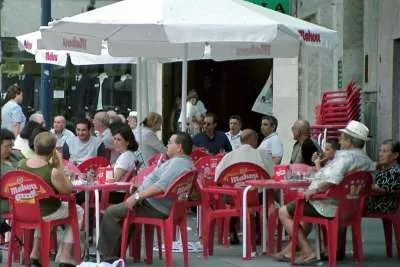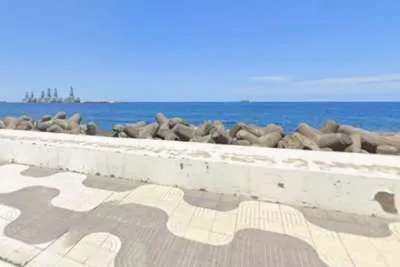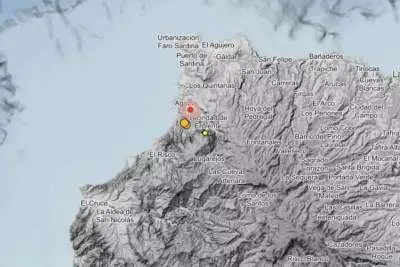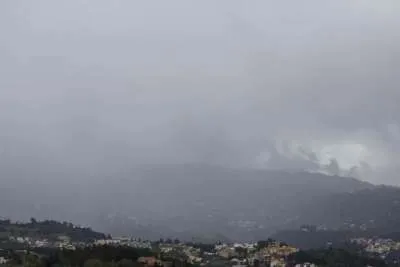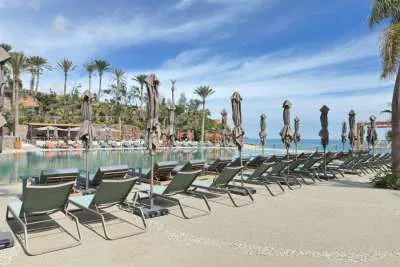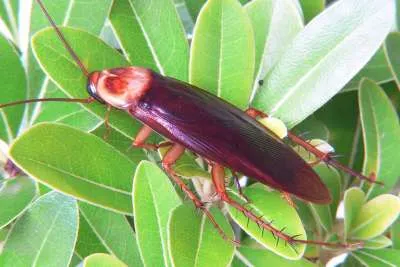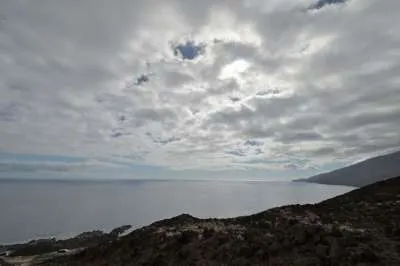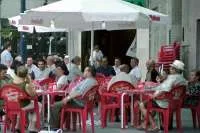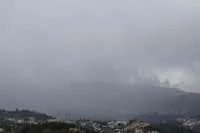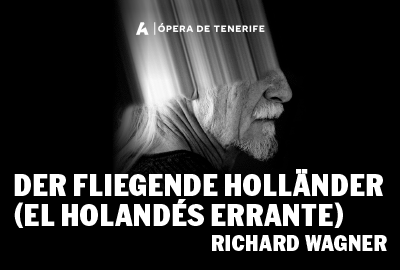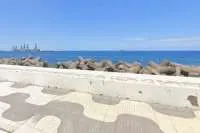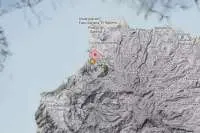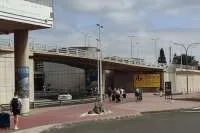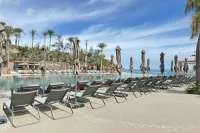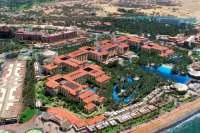Russian Orthodox Church in Costa Adeje under suspicion: Allegations of KGB influence
- 12-02-2024
- Tenerife
- Canarian Weekly
- Photo Credit: Paul Fransen
The construction of an Orthodox church in La Caleta in Costa Adeje, in the south of Tenerife, has come under scrutiny as the Oberigucranianos association, representing around five thousand Ukrainians in Tenerife, primarily in the south of the island, raises concerns. The association claims that the temple, built under the guidance of Patriarch Kirill of the Russian Orthodox Church, is promoting Ukrainian Satanism, as reported by Diario de Avisos.
Dmytro Shatruk, the spokesperson for Oberig, who has been living in Tenerife for 15 years, goes further to assert that the church is under the influence of the KGB (Soviet intelligence agency). Consequently, they have called on the Adeje City Council to halt the construction.
However, the Council argues that there is no illegality in the construction itself, so cannot stop it, and approval will be granted upon completion of the project, according to municipal sources.
Shatruk insists that the Russian Orthodox Church is harassing Ukrainians, citing the severed ties between the churches in Kiev and Moscow. He alleges a well-known collusion between Patriarch Kirill and Vladimir Putin, even claiming that the Patriarch is banned from entering Europe.
Shatruk contends that the church in Callao Salvaje is not a place of worship, accusing it of being a Russian Federation embassy with collaboration from the KGB. He emphasises the need to liberate Ukraine from the alleged influence of Satanism.
Oberig has taken its complaint to the Ukrainian Consulate, urging them to relay it to the Adeje Council and Spanish authorities. Shatruk asserts that nearly 1,000 Ukrainians live in Adeje, disputing the claim that non-Russian nationals attend the church.
He characterises the current conflict between the Ukrainian and Russian churches as a "Holy War of the year 1100," accusing the Russian Orthodox Church of forming its own army, named San Andrés, endorsed by Patriarch Kirill, and allegedly involved in the conflict in Ukraine.
Attempts by Diario de Avisos to reach the Orthodox priest of Tenerife, Vasily Fedik, for comment on the allegations were unsuccessful.
The new temple:
The first Orthodox church in the Canary Islands, located in Adeje, has completed its structure after nearly two years of construction. The golden-domed temple, situated in La Caleta, has become a source of pride for thousands of Slavic Christians, despite the ongoing conflict between Russia and Ukraine. The church, projected to be completed this year, will join five others in Spain, located in Altea, Madrid, Torrevieja, Estepona, and La Nucía (Murcia).
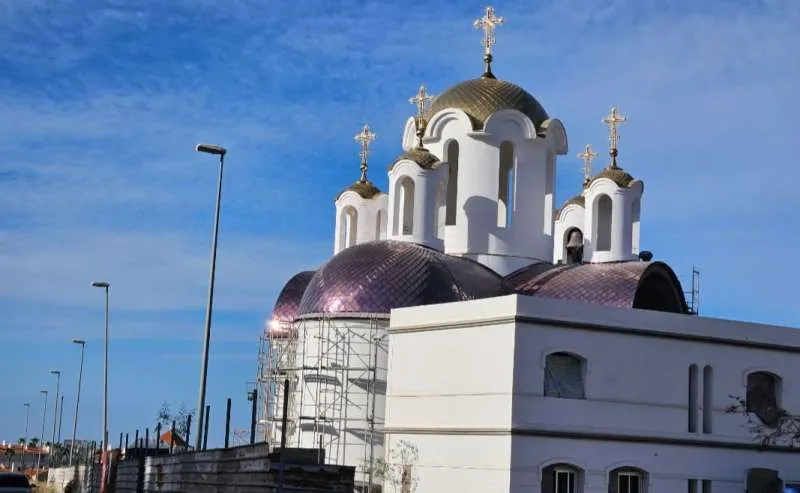
The Temple Construction:
The construction, temporarily halted for almost two years, has progressed significantly, with the support of the Adeje Council. The 2,400-square-metre complex, designed by architect Jorge Mosquera Panyagua, includes a temple and a socio-cultural centre surrounded by landscaped areas.
The project is funded, in part, by the substantial financial contributions of the Slavic community, expressing gratitude to the Adeje City Council for providing the land near the historic hermitage of San Sebastián.
The Church Community:
The Orthodox community in Tenerife currently uses a Catholic church in Callao Salvaje, provided on a temporary basis since 2011. Despite the allegations and tensions, the community continues to gather for religious services under the leadership of Vasiliy Fedik.
The completion of the new Orthodox church is eagerly anticipated by the community, which includes not only Russians but also Ukrainians, Belarusians, Latvians, Lithuanians, and Georgians.
The new Orthodox church in Costa Adeje has become a focal point of controversy, with allegations of political and religious implications. The tensions between the Ukrainian and Russian communities add an additional layer to the ongoing construction of this religious structure, which stands as a testament to the complexities of the geopolitical landscape in this small corner of Tenerife.
Other articles that may interest you...
Trending
Most Read Articles
Featured Videos
A Vision of Elvis Tenerife Promo
- 10-05-2025
Tenerife Travel Guide
- 13-12-2024
Live webcam from Lanzarote airport
- 13-12-2024


